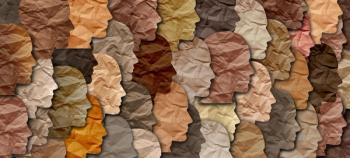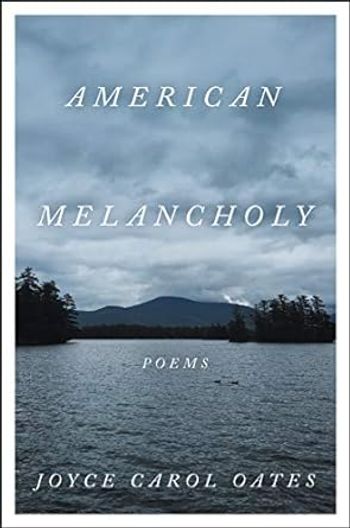
“Actions Involuntary, Instinctive, Irresistible”: The Disordered Will of the 19th Century
Psychology and psychiatry at the turn of the last century considered the will an indispensable category. Not so today.
In his 1996 book,
Our 19th and early 20th century ancestors would likely find this neglect to be a very curious state of affairs. As Berrios noted, psychology and psychiatry at the turn of the last century considered the will an indispensable category. Along with perception, intellect, and emotion, it was widely understood to be one of the core dimensions and faculties of human beings. As Berrios goes on to explain:
Human beings were believed to be endowed with a discrete power or faculty of willing which embodied their essence as persons: ‘it seemed to many in the nineteenth century that the human mind harboured deep and natural desire-like forces . . . comparable to the forces that were being tamed in the environment “without.”’1(p354)
Influenced by popular concepts within the physical sciences, 19th century psychology and psychiatry turned to thermodynamics for inspiration, understanding both the will and emotions in terms of forces and energies. One therefore spoke of having a strong or a weak will, of the need to resist, channel, or redirect “drives” and “impulses.” The term “willpower” effectively captured the sense observers at the time had that volition involved impetus and work.
As Paul Ricoeur3 has pointed out, Freud’s psychodynamic approach to neuroses was deeply indebted to this kind of energetic thinking, even as he undermined any simple notion of human intentionality. In seeing volition as subject to its own abnormalities, however, Freud was hardly alone. The Swiss Andr Matthey (1778-1842), the Frenchman Thodule Ribot (1839-1916) and the Germans Johann Christian August Heinroth (1773-1843) and Wilhelm Griesinger (1817-1868) all wrote on pathological disorders of the will.
One of the most compelling innovations of the 19th century specialists in disturbances of the will proved to be Jean Etien Esquirol’s (1772-1840) concept of monomania. Up until the early part of the century, madness had been widely seen as a state of unreason corrupting a person’s entire personality. Esquirol, on the other hand, posited the existence of a class of disorders that impaired an individual’s emotions or willpower, yet left their other faculties untouched. As he described it, “The patient is drawn away from his accustomed course, to the commission of acts, to which neither reason nor sentiment determine, which conscience rebukes, and which the will has no longer the power to restrain. The actions are involuntary, instinctive, irresistible.”4
Esquirol’s diagnostic category quickly gained acceptance throughout Europe, often referred to more commonly as “moral insanity.” By the last decade of the 19th century, though, German psychiatrist Julius Ludwig August Koch (1841-1908) redubbed the disorder “psychopathic inferiority,” describing its sufferers this way: “moral principles for them are poorer, limited, less vital and durable, and immoral urges are more difficult for them to resist.”5 Koch’s concept has served as the basis for the 20th century idea of psychopathy.
What then brought about the demise of psychiatry’s interest in and discussion about disorders of the will? Berrios points to the rise of experimentalism, psychoanalysis, and behaviorism as the chief reasons: all 3 had little use for the idea of a discrete and unitary volitional faculty. In its place have come notions such as “instinct,” “motivation,” and “decision-making,” he argues.1 Still, there remain traces within the field of mental health of our earlier preoccupation with human will. Twelve-step programs and the positive-thinking movement seem to have retained the ideal of self-mastery implicit in the notion of willpower. Neuroscientists, it would seem, may be more comfortable dispensing with free will than the public at large.
References:
References
1.
Berrios GE.
The History of Mental Symptoms: Descriptive Psychopathology Since the Nineteenth Century.
Cambridge and New York: Cambridge University Press, 1996), 351.
2.
[See, for instance]
The Chronicle of Higher Education’s
special series of articles, “Is Free Will an Illusion?”
http://chronicle.com/article/Is-Free-Will-an-Illusion-/131159
. Accessed April 19, 2012.
3.
Ricoeur P.
Freud and Philosophy: An Essay on Interpretation.
New Haven and London: Yale University Press; 1970.
4.
Esquirol E.
Mental Maladies: A Treatise on Insanity.
Philadelphia: Lea and Blanchard; 1845: 320.
5.
Koch JLA.
Die Psychopathischen Minderwertigkeiten, Vol. 1
. Ravensburg: Otto Maier; 1891:116.
Newsletter
Receive trusted psychiatric news, expert analysis, and clinical insights — subscribe today to support your practice and your patients.







